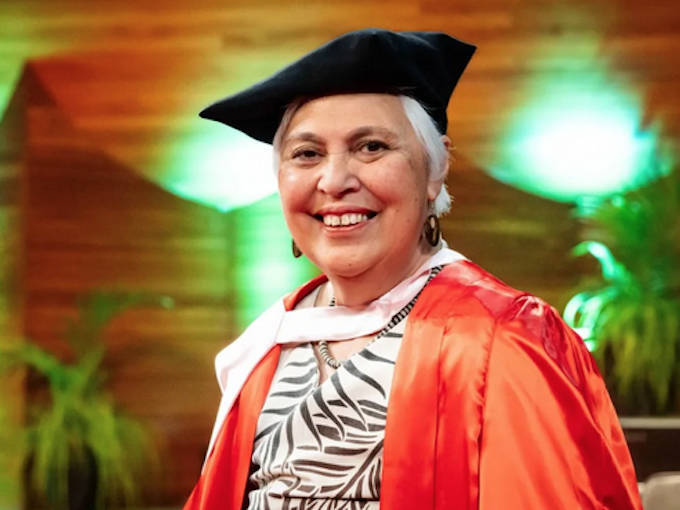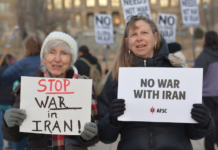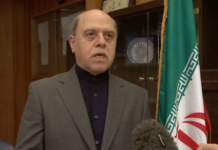
SPECIAL REPORT: By Moera Tuilaepa-Taylor, RNZ Pacific manager
At this year’s May graduation ceremony, Te Herenga Waka Victoria University’s Luamanuvao Dame Winnie Laban, was awarded an honorary doctorate in recognition for her contribution to education.
Although she has now stepped down from the role, Luamanuvao served as the university’s Assistant Vice-Chancellor, Pasifika, for 14 years. In that time has worked tirelessly to raise Pasifika students’ achievement.
“It’s really important that they [Pasifika students] make the most of the opportunities that education has to offer,” she said.
“Secondly, education teaches you how to write, to research, to critique, but more importantly, become an informed voice and considering what’s happening in society now with AI and also technology and social media, it’s really important that we can tell our stories and share our values, and we counter that by receiving a good education and applying ourselves to do well.”
When asked about the importance of service, Luamanuvao explained “there’s a saying in Samoan, ‘o le ala i le pule o le tautua’ so the road to authority and leadership is through service”.
“And we’ve always been taught how important it is not to indulge in our own individual success, but to always become a voice and support our brothers and sisters, and our families and in our communities who are especially struggling.”

As she accepted her honorary doctorate, she spoke about the importance of women taking on leadership roles.
‘Our powerful women’
“Yes, many Pacific people will know how powerful our women are, especially our mothers, our grandmothers, and great grandmothers. We actually come from cultures of very powerful and very strong women . . . it’s not centered in the individual women. It’s centered on the well-being of our families, and our communities. And that’s what women leadership is all about in the Pacific.”
She did not expect the honourary doctorate from Te Herenga Waka Victoria University because “I’ve always been aspirational for others. And we Pacific people have been brought up that we are the people of the ‘we’ and not the me.”
The number of Pasifika students enrolled at the University, during Luamanuvao’s time as Assistant Vice-Chancellor, increased from 4.70 percent in 2010 to 6.64 pecent in 2024. She said she “would have loved to have doubled that number” so that it was more in line with the number of Pasifika people living in New Zealand.

Two of the initiatives she started, during her time at the University, was the Pasifika Roadshow taking information about university life out to the wider community and the Improving Pasifika Legal Education Project.
Helping Pasifika Law students succeed was very important to her. While Pasifika make up make up only 3 percent of Lawyers, they are overrepresented in the legal system, comprising 12 percent of the prison population.
Another passion of hers was encouraging Pasifika to enter academia. “I think we’ve had an increase in Pacific academics in some areas. For example, with the Faculty of Law, we’ve got two senior Pacific women in lecturer positions . . . We’ve also got four associate professors, and now I’ve finished, there’s also a vacancy for another.”
Prior to her work in education Luamanuvao was the first Pasifika woman to enter New Zealand politics, in 1999.
First Pacific woman MP
“I was fortunate that when I ran for Parliament, I ran first as a list MP, and as you know, within the parties, they have selection process that are quite robust, and so I became the first Pacific woman MP.”
“What motivated me was the car parts factory that closed in Wainuiomata, and most of the workers were men, but they were also Pacific, Māori and palagi, who basically arrived at work one morning and were told the factory was closing.”
“But what really hit me, and hurt me, that these were not the values of Aotearoa. They’re not the values of our Pacific region. These are human beings, and for many men, particularly, to have a job, it’s about providing for your family. It’s about status.
“So, if factories were going to close down, where was the planning to upskill them so they could continue in employment? None of them wanted to go for the unemployment benefit.
“They wanted to continue in paid work. So it’s those milestones that I make it worthwhile. It’s just a pity, because election cycles are three years, and as you know, people will vote how they want to vote, and if there’s a change, all the hard work you’ve put in gets reversed and but fundamentally, I believe that New Zealand and Pacific people have wonderful values that all of us try to live by, and that will continue to feed the light and ensure that people have a choice.”

Although she first entered Parliament as a list MP, she subsequently won the Mana electorate seat. She retained the seat ,for the Labour party, from 2002 until she stepped away from politics in 2010.
During that time she was Minister of Pacific Peoples, 2007-2008, and even though Labour was defeated in the 2008 election, she continued to hold the Mana seat by a comfortable margin.
Mentoring many MPs
Although she has left political life, Luamanuvao has also been involved in mentoring many Pasifika Members of Parliament, and helping them cope with the challenges and opportunities that go with the role.
One of the primary motivators in her life has been the struggles of her parents, who left Samoa in 1954 to build a better future for their children, in New Zealand. She acknowledged that all of her successes can be attributed to her parents and the sacrifices they made.
“Yes, well, I think everybody can look at a genealogy of history of families leaving their homeland to come to Aotearoa, why, to build a better life and opportunities, including education for their children.
“And I often remind our generation of young people now that your parents left their home, for you. And I’ve often reflected because my parents have passed away on the pain of leaving their parents, but there was always this loving generosity in that both my parents were the eldest of huge families.
“They left everything for them, and actually arrived in New Zealand with very little. But there was this determination to succeed.
“Secondly, they are a minority in a country where they’re not the majority, or they are the indigenous people of their country. So also, overcoming those barriers, their hard work, their dreams, but more importantly, the huge love for our communities and fairness and justice was installed in Ken and I my brother, from a very young age, about serving and about giving and about reciprocity.”
Although she has left her role in tertiary education Luamanuvao vows to continue working to support the next generation of Pasifika leaders, in New Zealand and around the Pacific region.
Her lifelong commitment to service, continues as she’s a founding member of The Fale Malae Trust, a group whose vision is to build an internationally significant, landmark Fale Malae on the Wellington waterfront.
This article is republished under a community partnership agreement with RNZ.












































